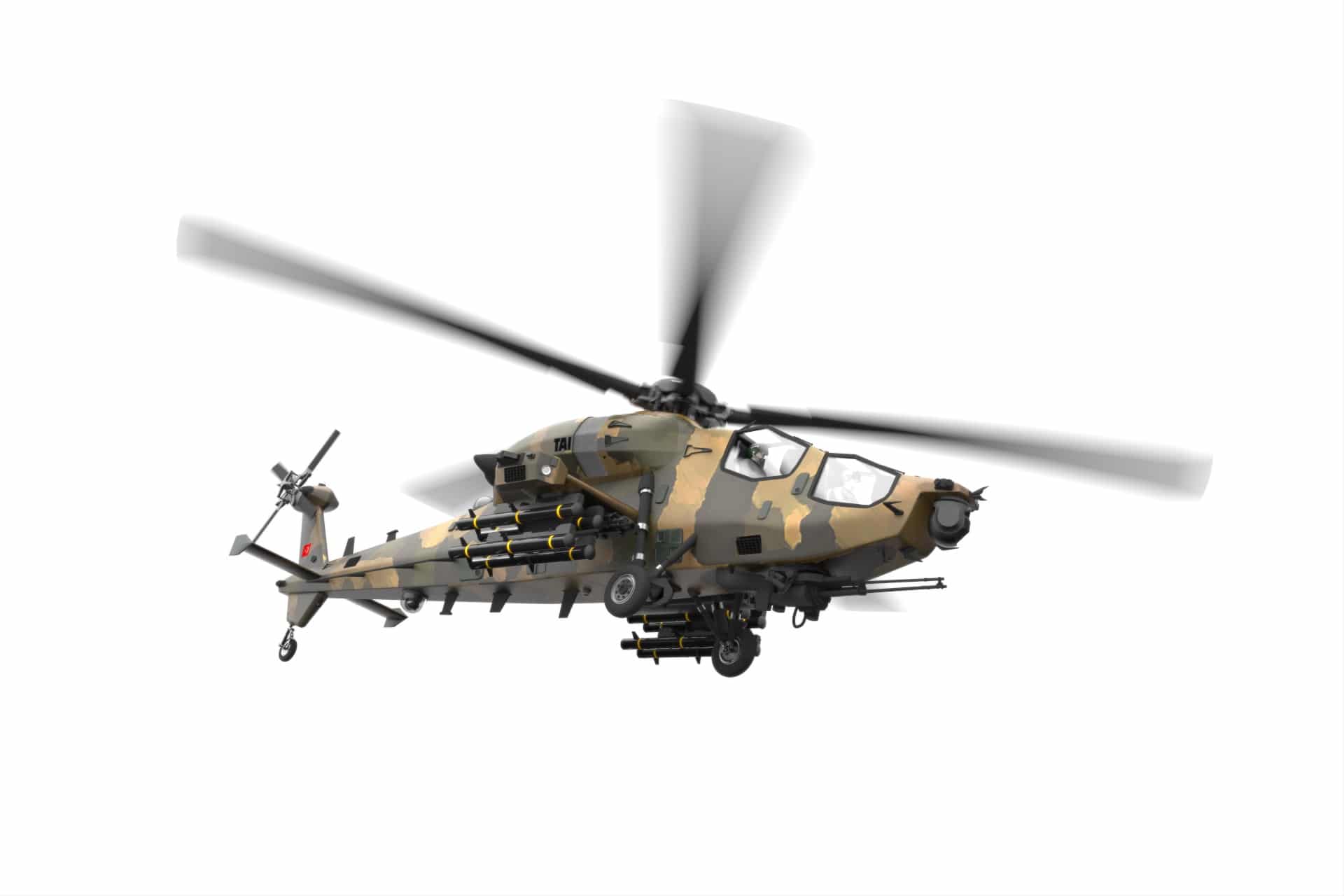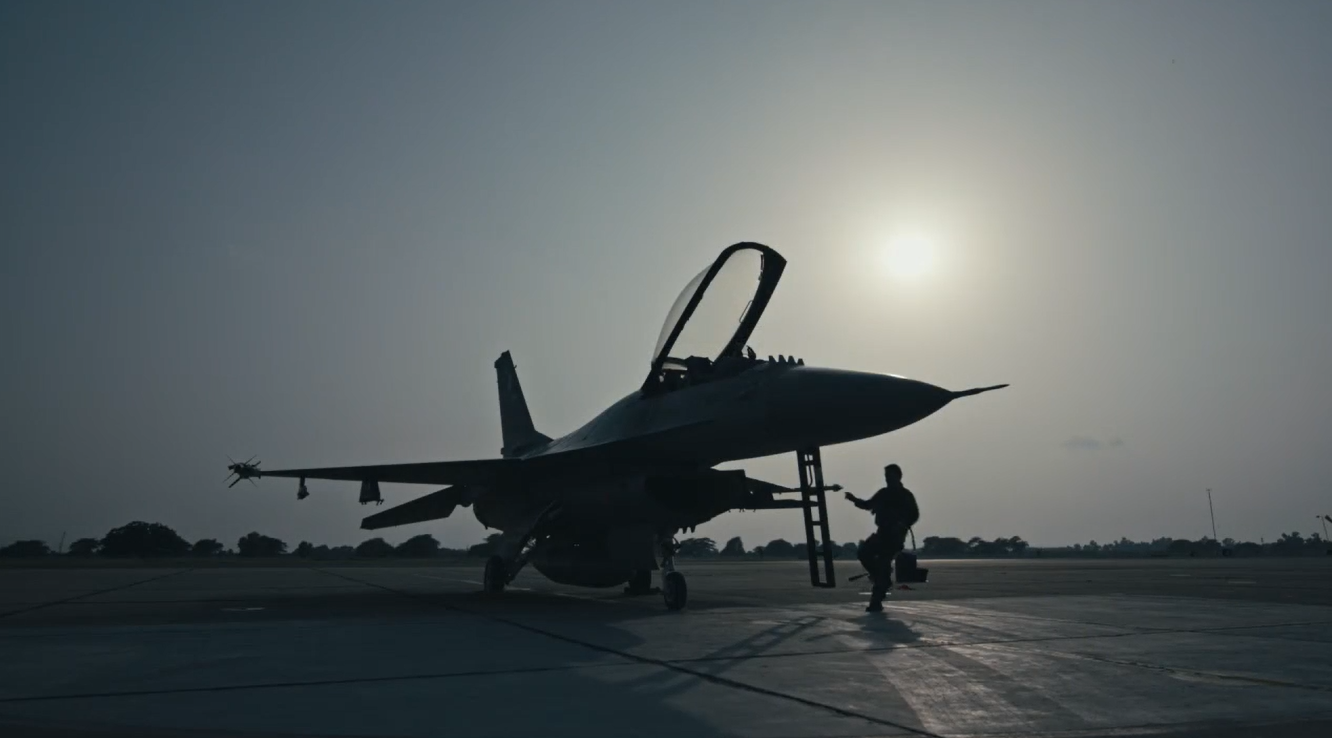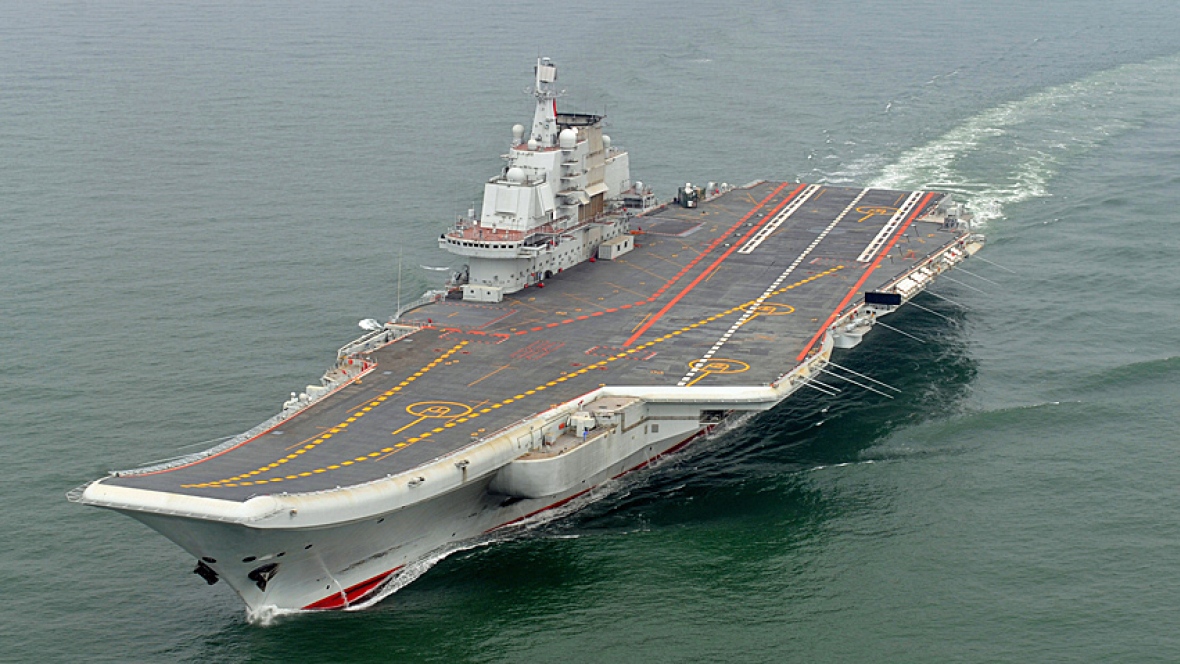14Views 5Comments

Turkey deliberates over defence development programs worth $5 billion
Turkey’s Defence Industry Executive Committee (SSİK) has reviewed 22 proposed and ongoing defence industry programs worth $5 billion U.S. on November 02.
Chaired by Turkey’s Prime Minister Binali Yıldırım, the meeting also included the Minister of Interior Süleyman Soylu, Deputy Minister of National Defence Şuyay Alpay, Undersecretary of Defence Industries (SSM) İsmail Demir, Undersecretary of the Ministry of Defence Ali Fidan and the Turkish Armed Forces’ (TSK) Chief of General Staff Gen. Hulusi Akar.
In a statement released by Prime Minister Yıldırım, the SSİK had deliberated upon the development of Turkey’s national long-range surface-to-air missile system; various guided munitions; electronic warfare systems; grenade launchers; continued small arms development and production; development of naval platforms and munitions; and the development and production of attack and utility helicopters.
Notes & Comments:
Of the programs the SSİK deliberated upon, several of them are newly announced projects, such as Turkish Aerospace Industries’ (TAI) ATAK-2 attack helicopter and 10-ton general purpose transport helicopter.
The ATAK-2 will have a maximum take-off weight (MTOW) of six tons, making it heavier than the five-ton T129 ATAK. The ATAK-2 will share the engine, dynamic parts and transmission of the TAI T625 utility helicopter, thus reducing operating costs and streamlining maintenance and logistics inputs. The 10-ton general purpose helicopter will aim to be analogous to S-70i Black Hawk or NH-90.
The long-range surface-to-air missile (SAM) program appears to be proceeding, with the Hurriyet Daily News reporting that the SSM will finalize an agreement with Eurosam to initiate an 18-month study for a jointly developed and produced SAM system between the French-Italian consortium and Turkey.
Ankara is also in the process of acquiring the Almaz-Antey S-400 from Russia, but the Chairman of NATO’s Military Committee, Gen. Petr Pavel, warned that Turkey will be prevented from entering into NATO’s integrated air defence network should it acquire the S-400. It is not known if the Turkish-Eurosam SAM program will help bridge the trust deficit to enable Turkey to join NATO’s air defence umbrella.
However, several Turkish analysts, among them retired Turkish Army Brig. Gen Haldun Solmazturk, are skeptical that Ankara will push ahead with the S-400 given NATO’s concerns and geo-political realities (e.g. the sanctions on Russia). These analysts point to Ankara’s insistence for technology transfer from Russia for the S-400 (knowing that Moscow will refuse) as a possible exit strategy from the deal.


